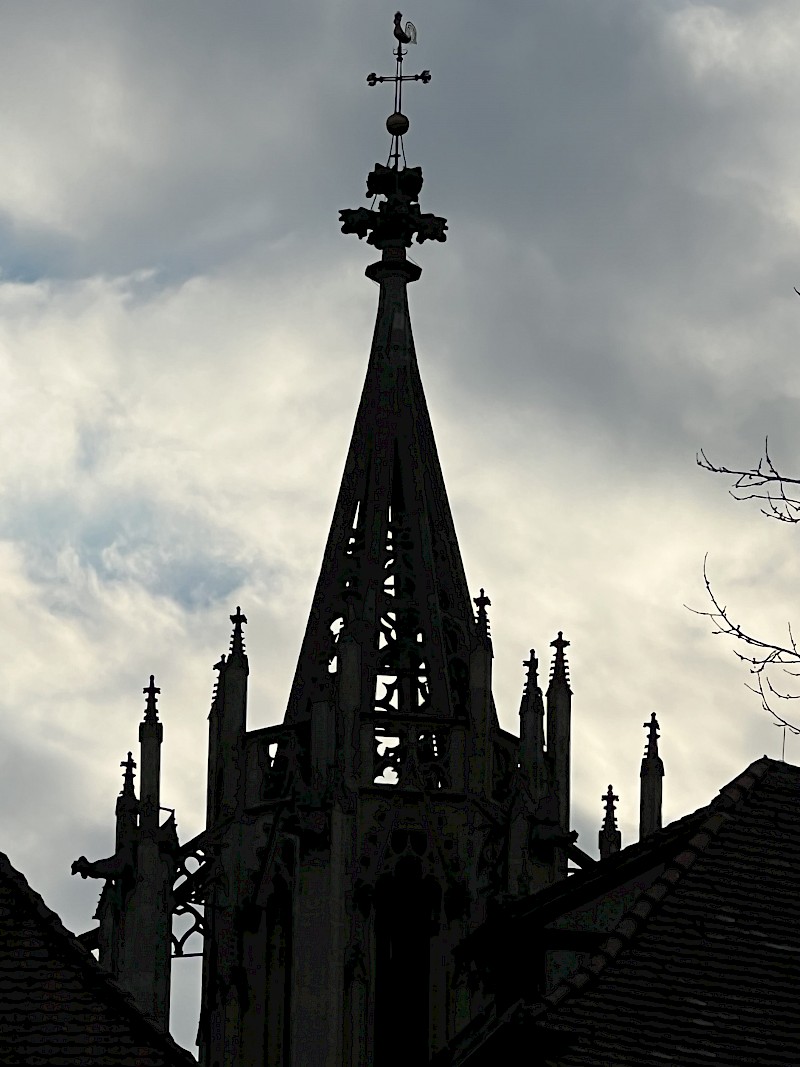One of the passages that Plato is most famous for is the Allegory of the Cave in his Republic. This masterpiece of rhetorical ingenuity describes how people living in a cave do take the illusion of things for real and thereby evading true wisdom. His allegory is as follows:
Socrates imagines a group of people living in a cave with a fire burning above and behind them as the only source of light since childhood. They are chained together and thus unable to turn their heads around. All they can see is the stonewall in front of them on which they can see shadows of people and artefacts that are being carried on a path high above. Neither the people and objects, nor the world outside the cave can be seen by the prisoners. Thus, the people underground take the shadows on the wall for real objects as they’ve never seen the real world outside the cave.
Plato’s allegory of the cave illustrates how humans come to perceive the world, form beliefs and gain knowledge. However, by using the allegory of the cave, Plato distinguishes the world of beliefs (prisoners in the cave who only see shadows) as the visible realm from the world of wisdom as the intelligible realm of the Forms. Putting things into perspective:
- the prisoners: that’s us / humans
- shadows on the wall: our beliefs gained by perception
- the fact that the prisoners cannot move: we are bound by our own perception and cannot see beyond the visible
- the fact that the ascent hurts when being freed: gaining knowledge hurts as we have to let go of beliefs that prove to be false and we have to acknowledge our inability to see
This allegory touches upon the question how we can see the truth. Does truth yield from empirical evidence (senses) or from the philosophical journey (intellect)?
Centuries later, the great Augustine modified Plato’s allegory to an ascent up the rocky mountain that symbolizes the pain and hardship of gaining knowledge. Whereas philosophy ends on top of the hill, theology goes further according to Augustine as faith comes before knowledge.
This is what I take from the cave allegory: Knowledge and wisdom are hard to gain and sometimes even painful as they are pushing us beyond the visible, the verifiable and beyond our own boundaries.
